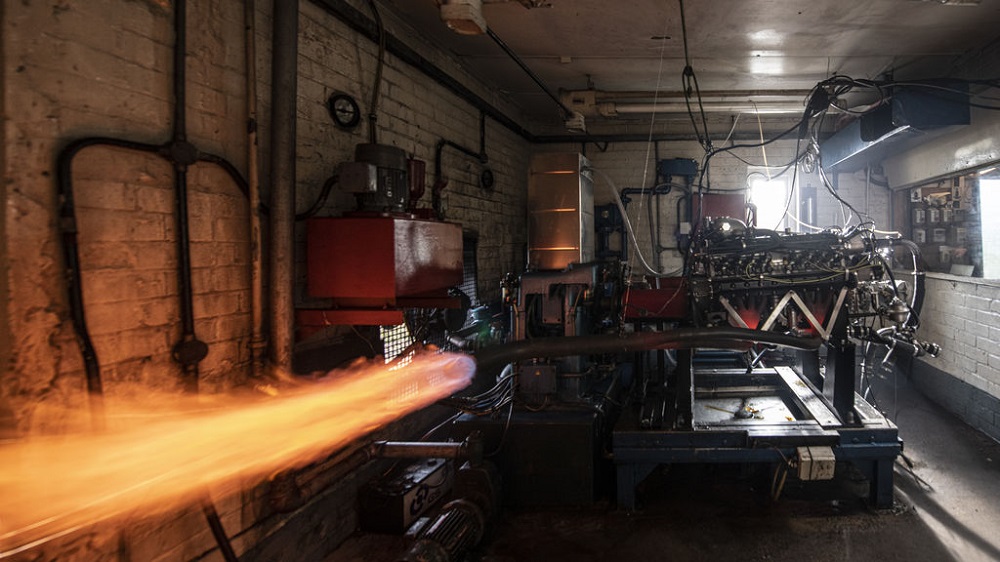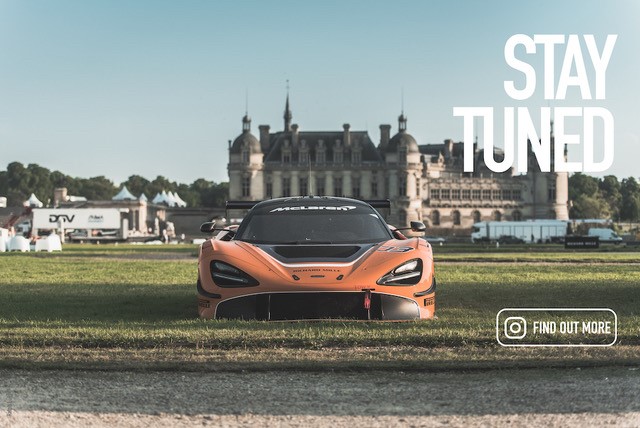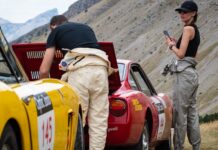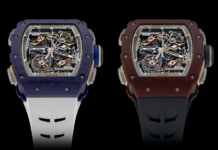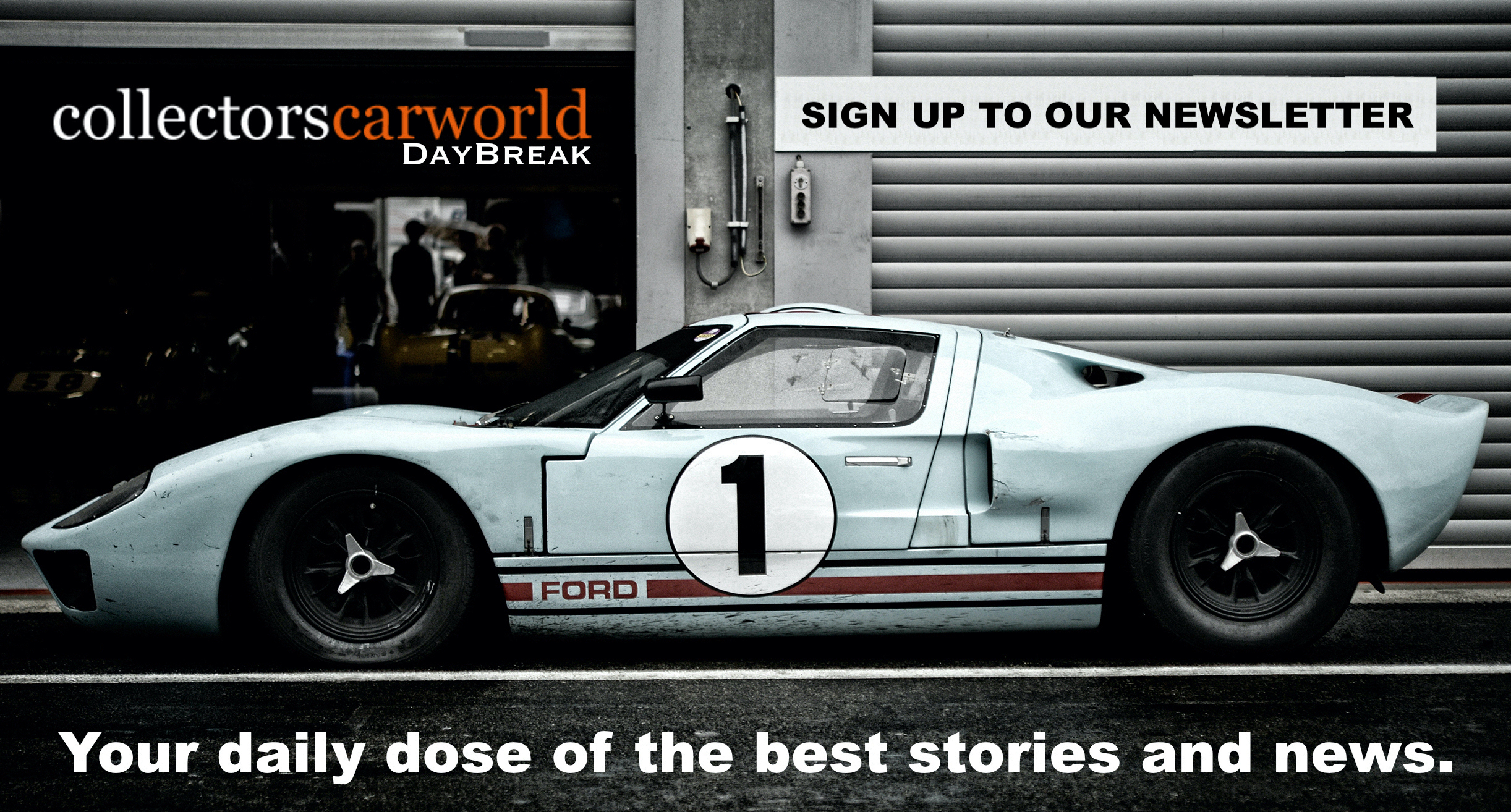In the late 1940s, engineer and industrialist Alfred Owen joined a consortium to run British Racing Motors (BRM), Britain’s original Formula One Team. Eventually, he would go on to own the BRM racing team, which pioneered the 1.5-litre, supercharged V16 Formula One engine. Now, 70 years later, three of Alfred’s grandsons are reviving the BRM V16 with a very special continuation project and a little help from Motul.
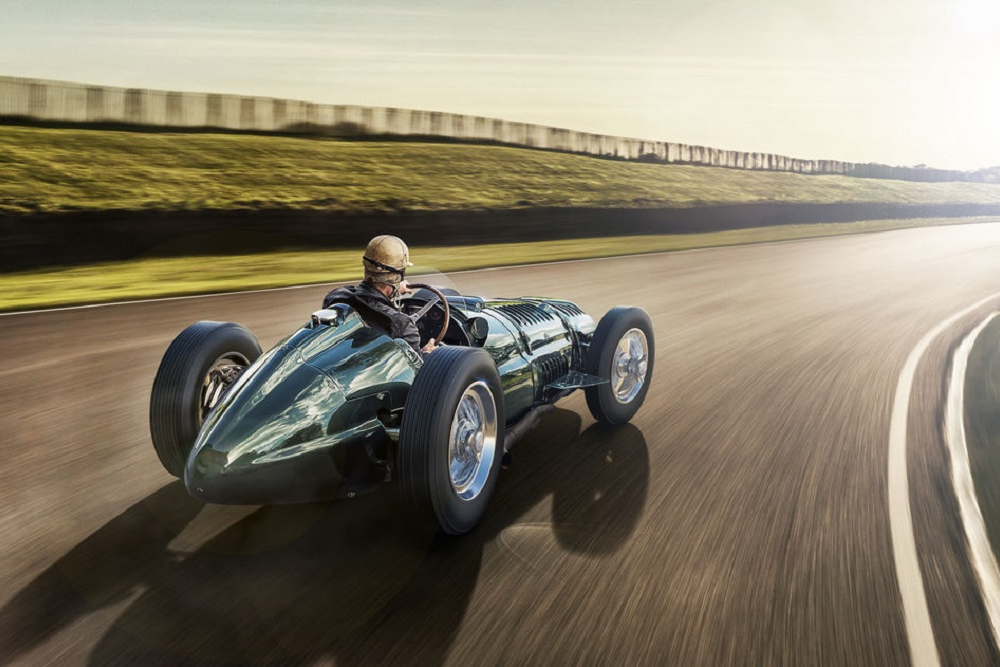
Paul Owen, what’s the story behind the new BRM V16?
We’re building a brand-new continuation car of Britain’s original Formula One car. Motul has kindly supplied the lubricants and various other things for it. We wanted to use 300V, Motul’s product for High Performance engines, in our build. So that’s gone into the engine on the test bed, which we captured on film last week. All being well, we’ll run at Goodwood Revival later this year.
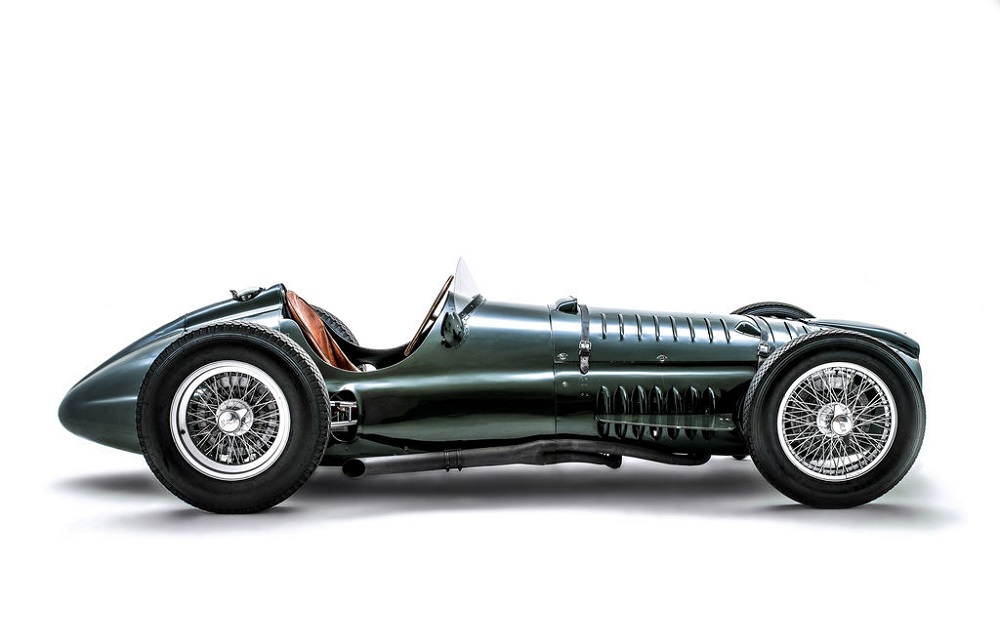
You’re the grandson of one of BRM’s original backers. Can you tell the readers the original car’s story?
My grandfather was involved in the original consortium that Raymond Mays put together in the late 1940s to build a British Grand Prix Car to take on the world. He sat on the board of BRM, then bought the team in 1952. We ran it as part of our family business until 1974, which was the last factory-backed season. In fact, that year was Motul’s only foray into Formula One. So, for Motul, it bookends it nicely for them to be involved in the recreation of the first car, and then to be involved in 1974 as well.
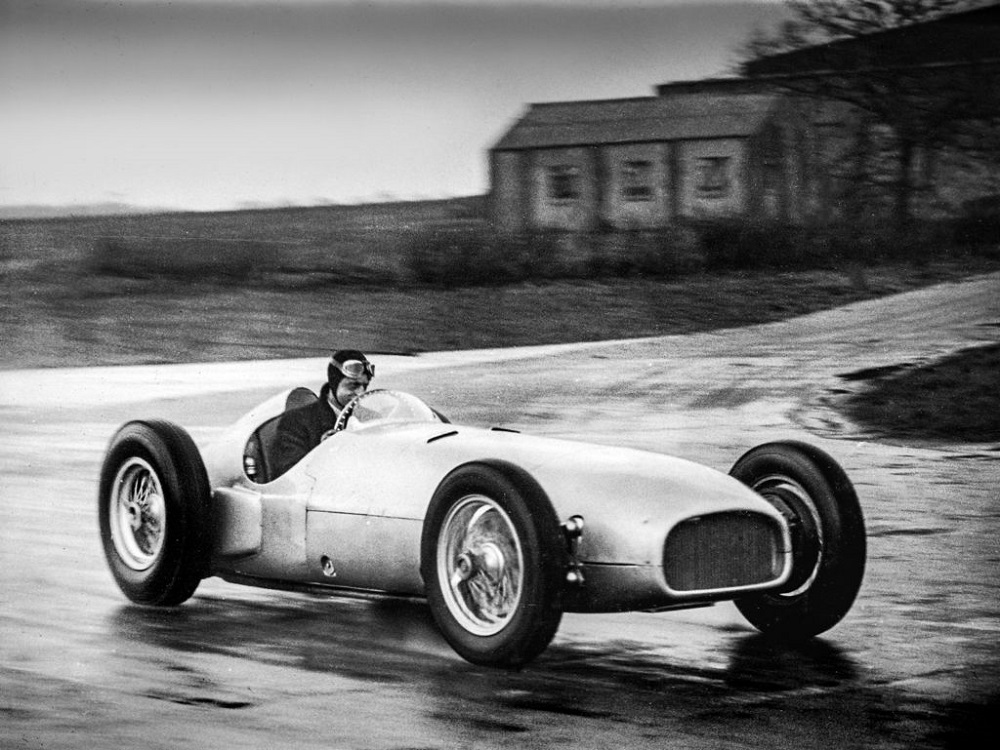
Are there any original BRM V16s in existence?
There’s only one fully original car in existence, and that’s owned by the National Motor Museum of Beaulieu. It’s 70 years old, and it’s too valuable to race. We had access and ownership to the original drawings, trademarks and intellectual property, and although three cars were built in period, we came across in my grandfather’s papers plans to build six of these cars. So, we authorised the build out of these three additional chassis numbers.
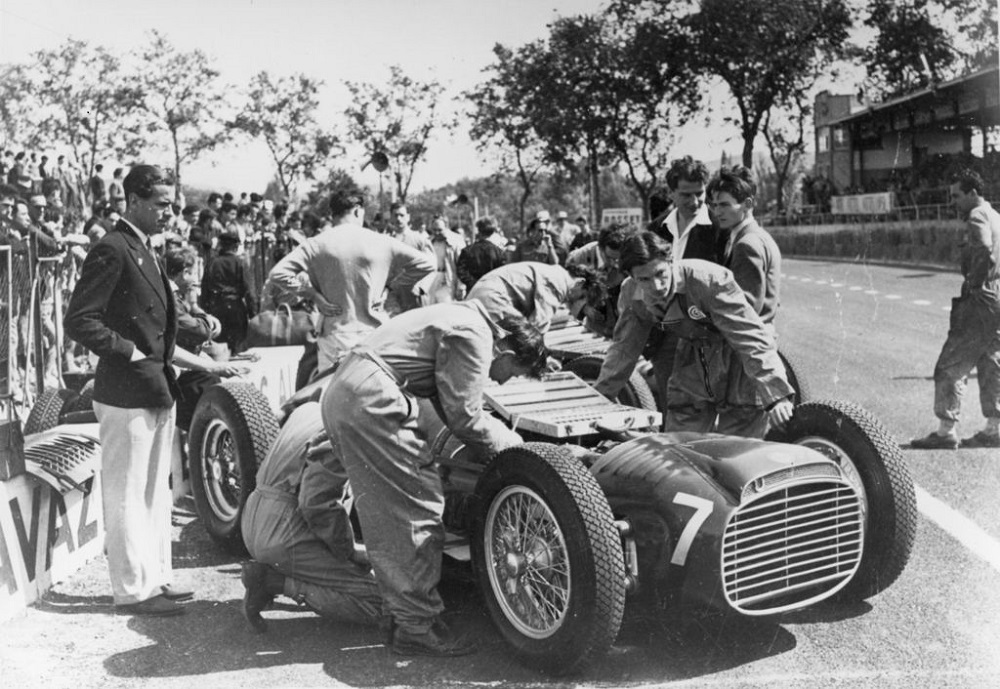
How difficult is it to build a recreation of the original BRM V16?
Oh, absolutely huge. A normal racecar has about 8,000-10,000 different parts but a V16 has over 30,000. It’s been an 18-month process with Hall and Hall, who are one of the world’s most renowned historic racecar builders and teams. We commissioned them to build it a year-and-a-half ago and it’s nearing completion.
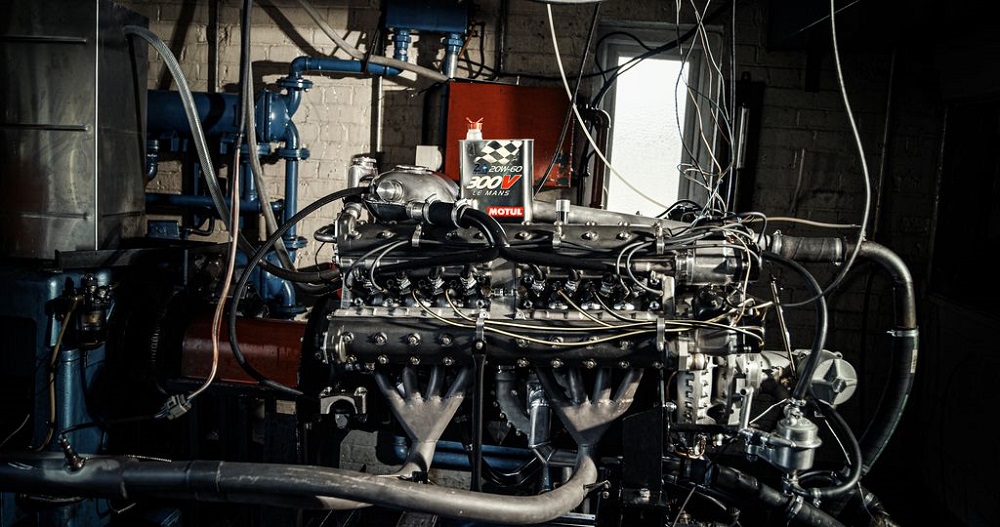
What will you do with the three cars once completed?
The first one we’ll keep within the family. My father’s brother John commissioned it. The second one is going to a collector and the third one is un-allocated as of yet.
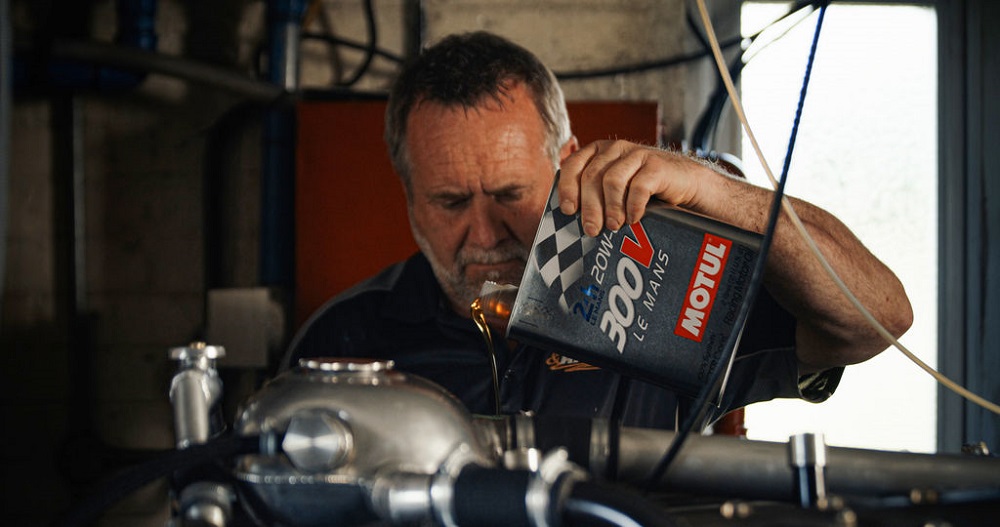
The original BRM V16 had quite the driver line-up, including Fangio?
Yes, raced by Fangio in period, Froilan Gonzales, Ken Wharton, Raymond Sommer, Ken Richardson and others. Stirling Moss drove it a few times but didn’t like it. It was definitely a car that was ahead of its time, but just as BRM got it sorted, the Formula One rules changed and the 1.5-litre supercharged V16 wasn’t eligible anymore.
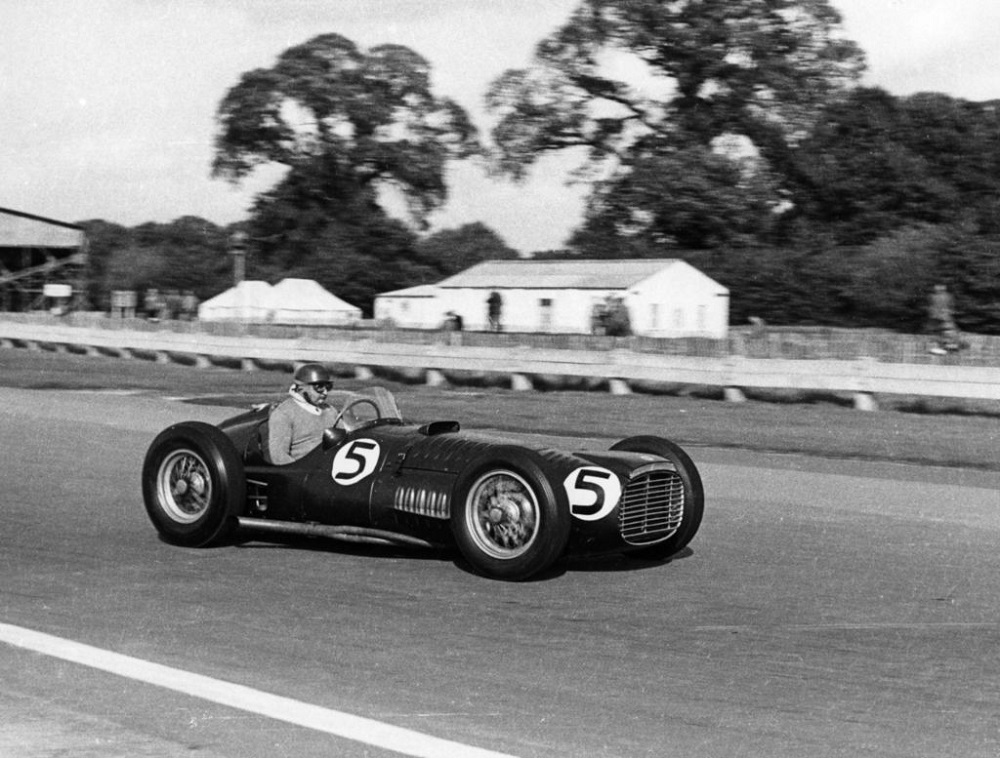
One of the big talking points of this V16 engine is the noise. Can you tell us more about that?
The sound is a signature feature. If you go on to YouTube and look at the Reawakening video and check out the comments, there are some fantastic quotes there about the noise of this car. Not only is the car unique, but the sound is widely recognised as one of, if not the, best-sounding engines of all time. It’s something that people never forget and travel far and wide just to hear it. It sounded pretty good on the dyno, and hopefully, when it’s out on the track, it will do it justice.
